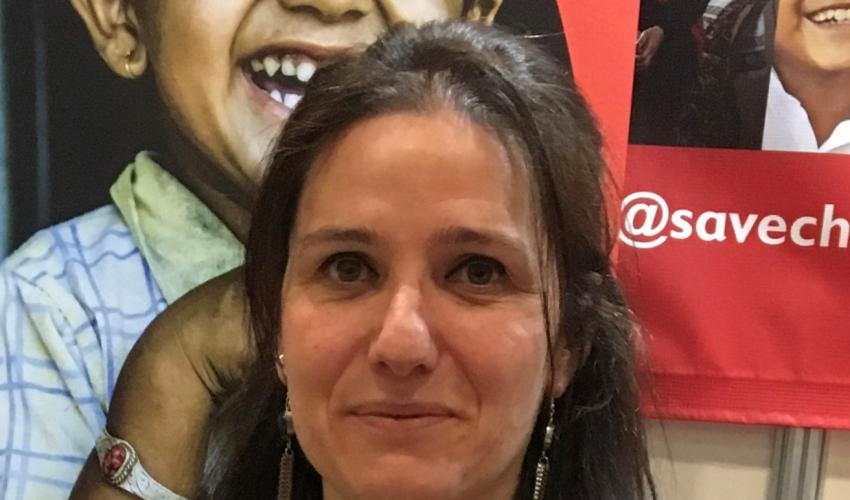
Reducing child poverty requires a holistic approach
AID IS GUARANTEEING EQUAL ACCESS TO EDUCATION, BUT ALSO INVOLVING CHILDREN IN PROTECTING THEIR RIGHTSIn the post-Covid period, for the first time in years, child poverty is growing again, accompanied, among other things, by the recent food crisis, one of the worst of the 21st century. The mix of pandemic, military conflicts, climatic effects and inflation has exacerbated inequalities and inflicted grievous harm and serious suffering in many areas of the world. "The economic lockdowns had already taken away most or all income sources for many families", explains Silvia Paruzzolo, Global Head of Programs, Child Poverty Reduction of Save the Children, a Bocconi graduate in Economic and Social Sciences with a PhD in Public Management at Bocconi University. “Today, many families find themselves resorting to extreme actions to try to survive, such as early marriage or child labor for their children”.
The increase in child poverty can be countered by "a holistic approach to children's rights, for example by guaranteeing access to a fair education", continues Paruzzolo. "We need to verify that girls and boys actually attend school, but also that the costs for materials and transport are sustainable, if the classroom is the school or the home, whether kids live in a safe environment or not, and that the funds for their support are not invested in other primary needs".
However, there is a surprising factor, according to Paruzzolo: the involvement of children in the actions of adults to protect and support them. It is the girls and boys themselves who are extremely aware and well-focused on what their fundamental problems are and the rights they want to see protected.
by Camillo Papini
Translated by Alex Foti
